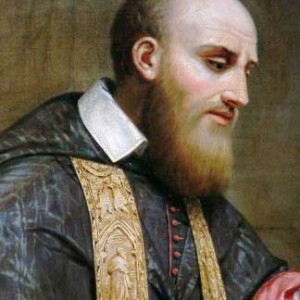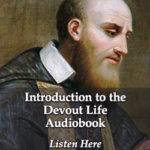Podcast: Play in new window | Download (Duration: 30:00 — 20.7MB) | Embed
Subscribe: Apple Podcasts | Spotify | Amazon Music | Android | Pandora | iHeartRadio | JioSaavn | Podchaser | Gaana | Podcast Index | Email | TuneIn | Deezer | Anghami | RSS | More
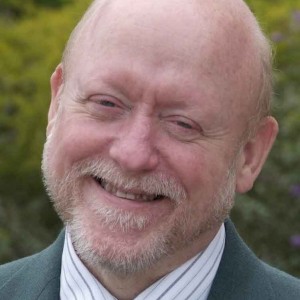
“Know your Weapons” pt. 3 – Put on The Armor – A Manual for Spiritual Warfare with Dr. Paul Thigpen Ph.D
Dr. Thigpen offers insights on the Manual for Spiritual Warfare Chapter 4:
The weapon of sacramentals The Catechism of the Catholic Church describes sacramentals as sacred signs that bear a resemblance to the sacraments. They signify effects, especially of a spiritual kind, that are obtained through the Church’s intercession. Through sacramentals, we are disposed to receive the primary effect of the sacraments, and they make holy various occasions in life (see CCC 1667).
Exorcism. Since ancient times, Christians have recognized the power of the Church’s intercession as it’s displayed through the use of sacramentals. Most notably, the ministry of exorcism is itself a sacramental. In an exorcism, the Church asks publicly and authoritatively in the name of Jesus Christ that a person or object be protected against the Devil’s power and withdrawn from his dominion. Just as Jesus performed exorcisms, He has given the Church the power and office to perform them (see CCC 1673).
According to Church law, only a priest with the bishop’s permission can perform a major (or solemn) exorcism— that is, the rite required to free a demon-possessed person. Any priest, however, can perform a minor exorcism in cases other than possession. These involve private prayers and blessings, either spontaneous or as provided by the ritual of the Church. They may be helpful in cases of oppression, obsession, and even infestation. In addition, the Rite of Infant Baptism and the Rite of Christian Initiation of Adults (RCIA) contain prayers of exorcism.
The Sign of the Cross. St. Athanasius wrote that before the coming of Christ, demonic powers used to deceive the pagans into worshipping them and obeying their oracles. “But now,” he observed in the fourth century, “since the divine appearance of the Word [Christ], all this deception has come to an end. For by the Sign of the Cross, if a man will only use it, their deceptions are driven out.”
Visit here for other episodes in this series:
Put On The Armor – A Manual for Spiritual Warfare w/Dr. Paul Thigpen Ph.D.
The “Manual for Spiritual Warfare” can be found here
Paul Thigpen, Ph.D., is the Editor of TAN Books in Charlotte, North Carolina. An internationally known speaker, best-selling author and award-winning journalist, Paul has published forty-three books in a wide variety of genres and subjects: history and biography, spirituality and apologetics, anthologies and devotionals, family life and children’s books, study guides and reference works, fiction and collections of poetry and prayers.
Paul graduated from Yale University in 1977 summa cum laude, Phi Beta Kappa, with Distinction in the Major of Religious Studies. He was later awarded the George W. Woodruff Fellowship at Emory University in Atlanta, where he earned an M.A. (1993) and a Ph.D. (1995) in Historical Theology. In 1993 he was named as a Jacob K. Javits Fellow by the U.S. Department of Education. He has served on the faculty of several universities and colleges.
In 2008 Paul was appointed by the United States Conference of Catholic Bishops to their National Advisory Council for a four-year term. He has served the Church as a theologian, historian, apologist, evangelist, and catechist in a number of settings, speaking frequently in Catholic and secular media broadcasts and at conferences, seminars, parish missions, and scholarly gatherings.

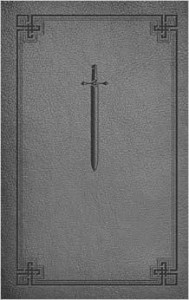





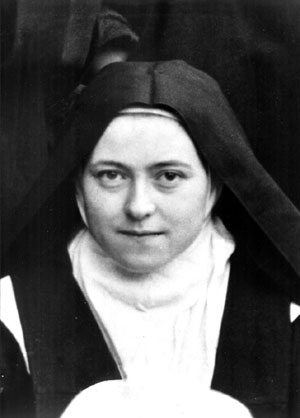
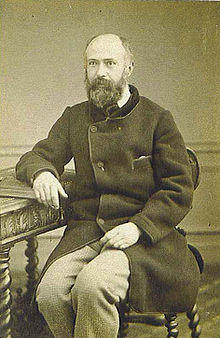 Here are some of the various texts Fr. Gallagher refers to in this episode:
Here are some of the various texts Fr. Gallagher refers to in this episode:
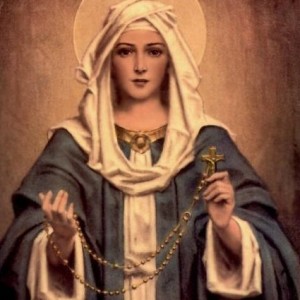
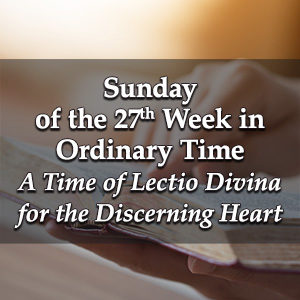 Sunday of the Twenty-Seventh Week in Ordinary Time – A Time of Lectio Divina for the Discerning Heart Podcast
Sunday of the Twenty-Seventh Week in Ordinary Time – A Time of Lectio Divina for the Discerning Heart Podcast